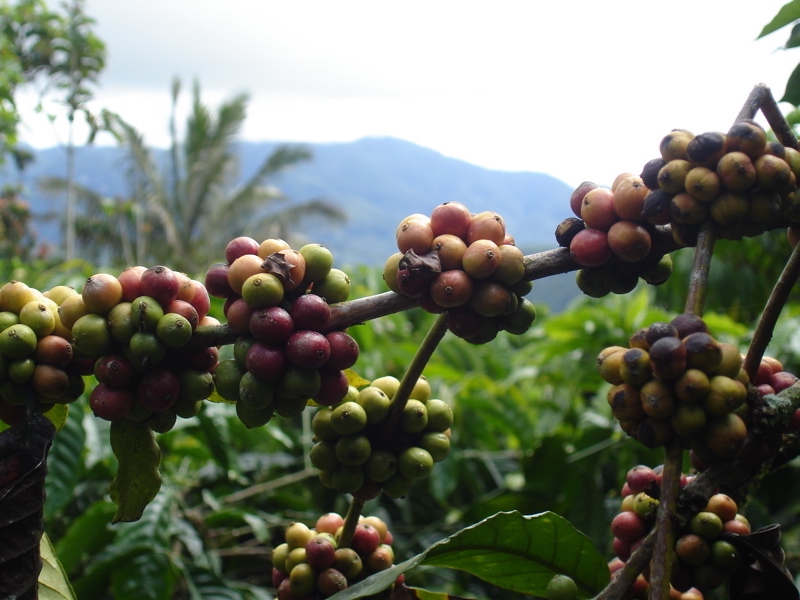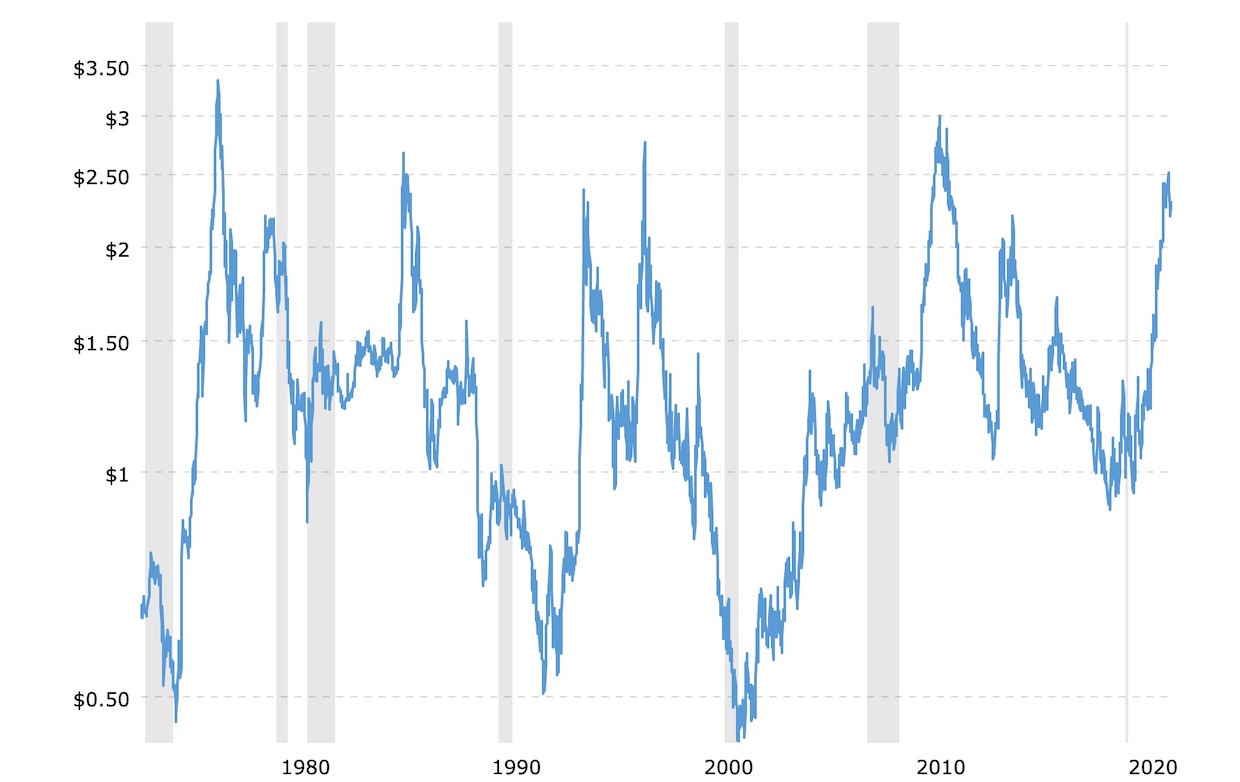
The Fairtrade living income reference price for Indonesia follows last year’s release of a price in Colombia. “Coffee Plants” by James Gagen is marked with CC BY-SA 2.0.
Fairtrade International has released its second major “living income reference price” for coffee while finding that farmers in Indonesia’s Aceh region earned only 40% of that price in 2020.
This is the second major living income reference price released by Fairtrade as part of a broader effort to work towards more sustainable coffee prices for the world’s smallholder coffee farmers, who have historically been exploited through commodities-driven global coffee purchasing structures.
Fairtrade defines a living income as being sufficient to afford a “decent standard of living” for all household members once farm costs are covered, including covering needs such as clean water, housing, education and healthcare access.
After creating regional living income reference prices for smallholder farmers in the cocoa and vanilla sectors, the organization last year unveiled a living income reference price for the Colombian coffee sector.
The prices, which have no bearing on Fairtrade’s existing certification and price premium scheme, are being used as reference prices for organizations wishing to engage in more sustainable coffee sourcing.
For the project in Indonesia, Fairtrade led research involving more than 360 farmers from five Fairtrade-participating coffee cooperatives in Aceh, a region of Sumatra renowned for producing high-quality and distinct arabica coffees.
Based on farm and local financial data, the organization has set the current reference price at 13,600 Indonesian rupiah (US$0.95) per kilogram of coffee cherry. According to Fairtrade, this farmgate price would hypothetically cover farm costs related to maintaining sustainable production and paying a living wage to pickers, while also meeting organic production requirements.
Fairtrade estimates that this might currently translate to approximately $2.82 FOB, although the estimate comes with numerous caveats.
Related Reading
- Fairtrade Report Projects Financial Disasters to Farmers Due to Climate Change
- Opinion: Five Strategies To Help Close the Living Income Gap for Farmers
- Are Low Prices Fueling Displacement? A Closer Look at Coffee and Emigration
Despite relatively high prices on the international commodities markets for arabica coffee, the per-kilo/cherry reference price is still 26% higher than current local market prices, according to Fairtrade.
“The current boom of high coffee market prices in general is encouraging and shows us that farmers can indeed be paid more,” Carla Veldhuyzen van Zanten, Fairtrade International’s senior advisor for sustainable livelihoods, said in announcement of the new reference price. “But price volatility means farmers can’t be sure that any farm investments today will pay off in the future.”
Following the most recent coffee price crisis of 2018-2020 — the latest in a series of coffee price crises over the past half-century that have trapped millions of farmers in a boom-and-bust cycle of poverty — a remarkable amount of work emerged to tackle unsustainable coffee prices.

Coffee prices over the past 45 years — as expressed here in USD per pound (FOB) based on the New York “C price” — can be characterized by extreme volatility.
The world’s largest roasting companies to this point have failed to ensure sustainable livelihoods within their own sprawling supply chains.
However, new resources for those companies include: Fairtrade’s living income reference prices; the Specialty Coffee Transaction Guide, which seeks to separate price reference points from the whims of the commodities market; a new “Verified Living Income” model from a consortium of companies; and scores of other individual initiatives designed to help build less exploitative supply chains.
More work in this arena may soon be coming from the International Coffee organization and IDH, which recently entered into a partnership that will incorporate the latter organization’s landmark report on the “living income gap” in coffee.
Does your coffee business have news to share? Let DCN’s editors know here.
Nick Brown
Nick Brown is the editor of Daily Coffee News by Roast Magazine.
Comment
1 Comment
Comments are closed.







$2.82 FOB per lb? haha